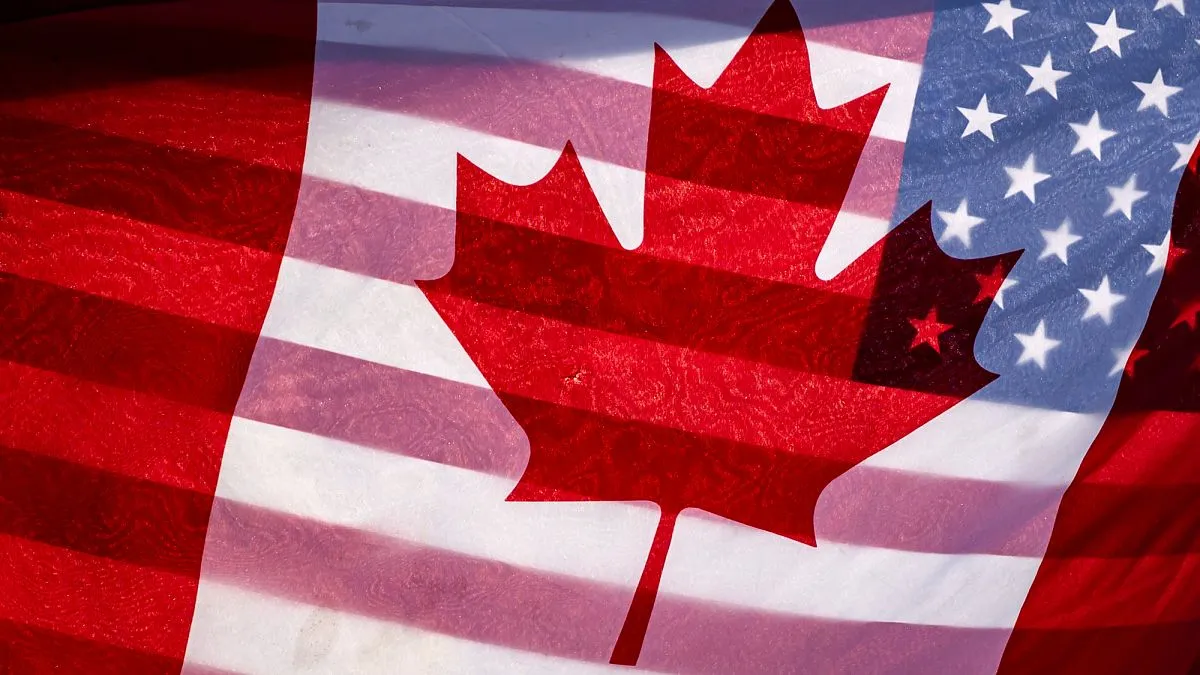
In a significant move impacting the auto industry, US President Donald Trump has announced a one-month tariff exemption for automakers operating in Mexico and Canada. This decision comes after negotiations with key industrial figures and is aimed at alleviating potential economic disadvantages for these companies. White House Press Secretary Karoline Leavitt confirmed the exemption during a press briefing on Wednesday, stating, “We are going to give a one-month exemption on any autos coming through USMCA.”
The exemption allows automakers to continue their operations without the immediate pressure of new tariffs, which are set to take effect on April 2. Leavitt noted that this decision was made at the request of companies involved with the United States-Mexico-Canada Agreement (USMCA) to prevent an economic disadvantage. While the reciprocal tariffs will eventually be implemented, this temporary reprieve gives automakers extra time to adjust their production strategies.
On Tuesday, a 25% tariff on all imported goods from Mexico and the US was officially enacted, alongside a 10% levy on imports from China. Last month, President Trump declared his intention to impose a 25% tariff on all imports, including automobiles, pharmaceuticals, and semiconductors, starting from April 2. Furthermore, he issued an executive order to investigate trade relations, which could lead to the introduction of more reciprocal tariffs by the beginning of April.
The USMCA, which replaced NAFTA in July 2020, stipulates that 75% of a vehicle's parts must be manufactured in North America to qualify for zero tariffs when traded among the three countries. This agreement is set for review by next July, and the recent exemption highlights the ongoing discussions between the US and its trading partners.
On the same day as the announcement, White House officials engaged in discussions with executives from major automakers, including Stellantis, Ford, and General Motors. According to Leavitt, President Trump urged these companies to invest and shift production back to the United States, emphasizing that “they will pay no tariff” if they relocate their manufacturing operations domestically.
The introduction of these tariffs has prompted retaliatory actions from both Canada and China. In response, Mexican President Claudia Sheinbaum has indicated that she will announce her own response to Trump’s tariffs on Sunday. Previously, Ford CEO Jim Farley expressed concerns about the potential negative impact of the tariffs on US companies operating globally, warning that they could disrupt trade and economic stability.
A report by the Anderson Economic Group (AEG) suggested that the newly implemented tariffs, along with the additional 10% levy on Chinese imports, could lead to increased car prices, potentially adding as much as $12,200 (€11,290) to certain vehicle models.
Following President Trump’s announcement of the one-month tariff exemption, shares of automakers surged on the stock market. Ford Motor Company’s stock increased by 3.65%, General Motors saw a rise of 1.76%, and Stellantis experienced a 2.46% boost. European automakers also benefited from the news, with Mercedes-Benz rising 3.08%, Volkswagen up 3.38%, and BMW increasing by 4.3%.
A White House spokesperson indicated that President Trump may consider additional tariff exemptions following the pause on duties for automakers. Reports suggest that the President is evaluating exemptions for specific agricultural products affected by tariffs on Canada and Mexico. However, on his social media platform, Truth Social, Trump criticized Canada’s efforts to combat fentanyl trafficking, stating that his discussions with Canadian officials ended on a somewhat friendly note.